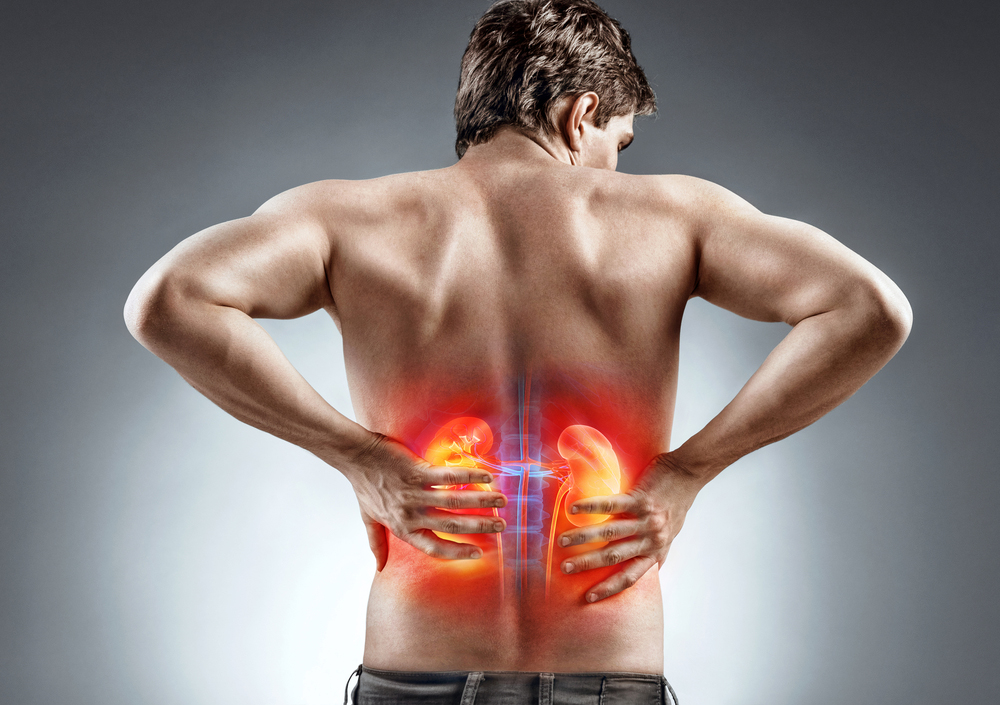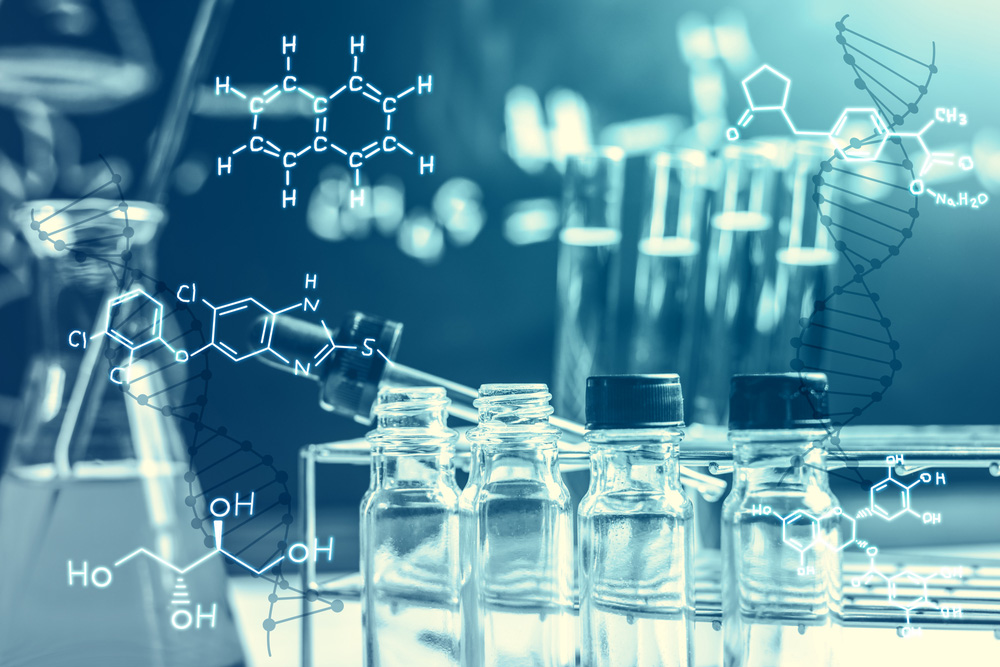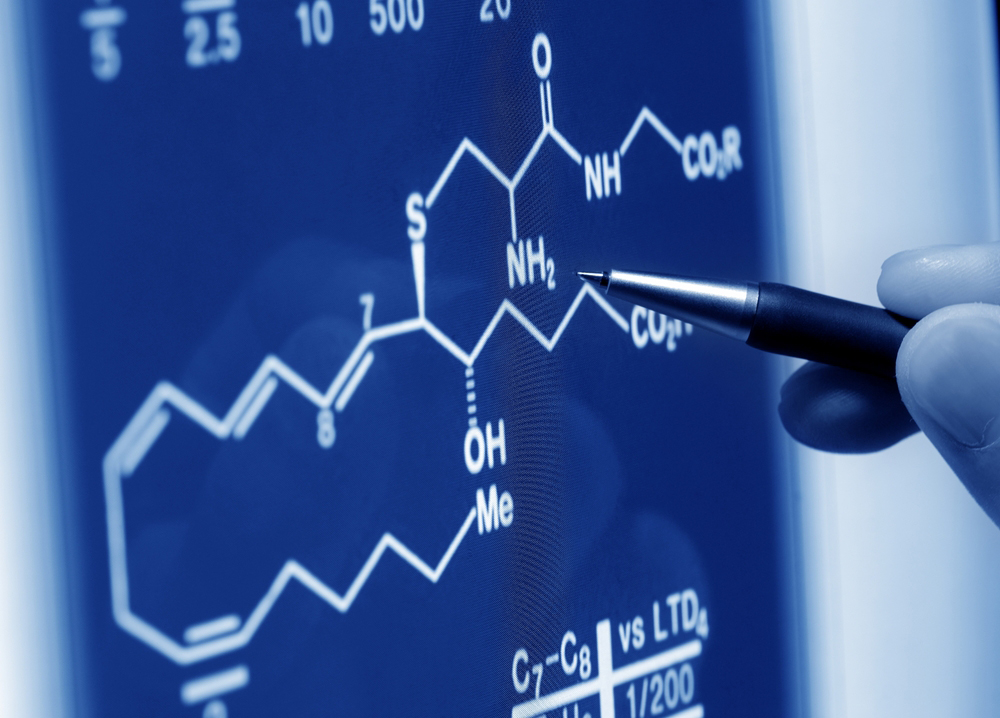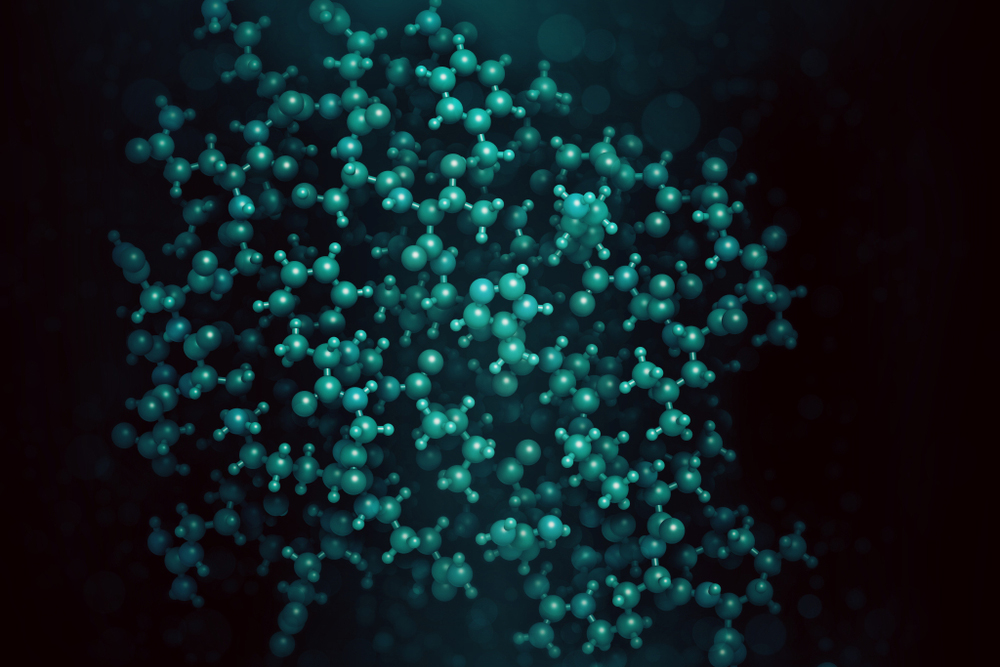By adopting a high-protein diet,as with any other diet, a person can create a caloric deficit.
What makes this diet different is just its considerable consumption of protein rich foods. The protein diet allows you to lose weight, without losing muscle mass.
Recent research has provided new evidence to many of the questions that the public has been asking for over a decade, whether in the medical, sports or other fields, about high protein diets especially for their impact on the kidneys.
Conventional diets compared to high protein diets according to research
In this research, many specialists carried out a close follow-up on 307 adult people (men and women) who had a weight problem or were even obese for a period of 3 years.
During the study these individuals were separated into two groups with two very different diets. The first group was put on a very low-calorie diet, which was perfectly in line with the official recommendations in terms of proportions, i. e. 15% protein, 30% fat and 55% carbohydrates.
In the second group, they followed an old diet called the Atkins diet (a very low-carb diet) containing between 25 and 35% protein, with about 25% carbohydrates and about 45% fat.
In the course of the study, the specialists were able to establish the state of the renal function of these people, by means of three complementary elements: blood creatinine (which is a product of the degradation of creatine phosphate and dehydration of creatine in the muscle), creatinine clearance and cystatin C, which is a cysteine protease type protein.
It should be noted that the use of this third marker is rare among French doctors, even though it is highly accurate.
The proteins have no negative impact on the kidneys
During the 3 years of follow-up studies, the researchers concluded that no negative impact on kidney function was proven.
As a result of this discovery the specialists stated the following: for people who are overweight but healthy, they could not find anything better than a high protein, low carbohydrate diet.
As a conclusion, many people are afraid of the toxicity of high protein diets on the kidneys, following research carried out on patients with kidney problems, and in particular, renal failure (gradual and irreversible deterioration of the kidneys' capacity to filter blood and excrete certain hormones).
To this end, other studies have been launched in order to find a solution to this alarming situation, and several doctors have testified that a restriction on protein intake would allow to decelerate the evolution of the disease, and to preserve a good function and health of the kidneys.
On the other hand, as far as people in perfect health are concerned, no study has yet succeeded in proving a negative effect of protein consumption on their kidney function.
However, specialists have noticed some small change in its functionality, but this does not present any risk to the health of the latter, and that this change is simply an adaptation to the individual's environment and is certainly not pathological.
And finally, following dozens of studies, there is no evidence that proteins are dangerous for the kidneys, provided that the person does not have any previous kidney disease (which may be known or unknown), especially if this disease is not yet treated.
In addition, it is important to know that a diet with a high protein content can subsequently lead to other pathological problems, for example acid-base imbalances (depending on the diet, the blood can be acidified) or the formation of kidney stones (solid deposits of minerals and acid salts in the concentrated urine).







